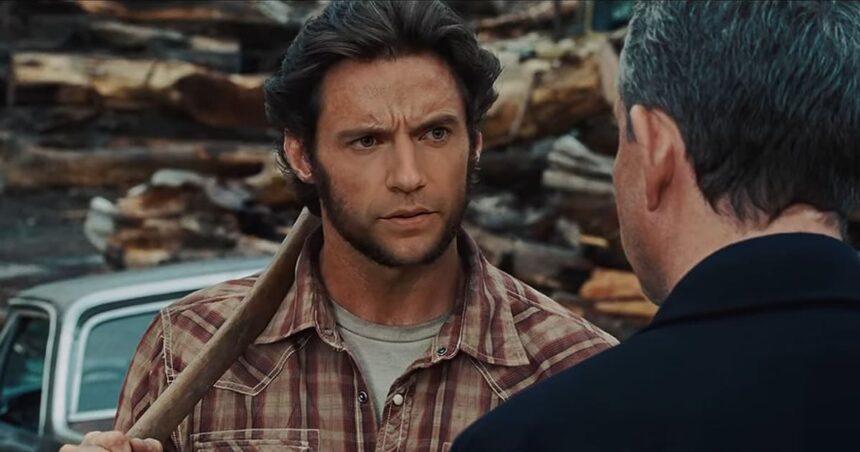The world of film promotion is undergoing significant changes, particularly with the rise of AI-generated trailers, a profitable market for companies such as Screen Culture and KH Studio. However, in response to mounting criticism, YouTube has intervened to address concerns that these studios may inadvertently support such creators. The central issue? The potential misuse of artificial intelligence in relation to popular intellectual properties.
YouTube has taken decisive action by discontinuing ad revenue for phony movie trailers, targeting prominent entities like Screen Culture and KH Studio, as well as their rivals, Screen Trailers and Royal Trailer. This move underscores YouTube’s commitment to send a clear message in this burgeoning field. As the platform stated, “Our enforcement decisions, including suspensions from the YouTube partner program, apply to all channels that may be owned or operated by the impacted creator.”
To understand the influence of these companies, consider Screen Culture, which boasts a remarkable 1.42 million subscribers. Just last week, they tantalized audiences with “concept trailers” for films such as The New Avengers (also referred to as Thunderbolts*), Predator 6: Badlands, and Lilo & Stitch. Meanwhile, KH Studio taps into nostalgia by presenting inventive fantasy castings, envisioning actors like Florence Pugh in Titanic and Timothée Chalamet as a modern-day Edward Scissorhands. Their strategic labeling of videos as “parody” appears to be a preemptive measure against possible legal challenges.
While YouTube’s initiative to undermine the financial success of these companies is commendable, questions linger about its effectiveness. What’s to prevent Screen Culture and KH Studio from simply establishing new accounts to continue promoting their fictional trailers? Additionally, studios may find ways to exploit loopholes and keep gaining from this trend.
The phenomenon of fake movie trailers brings along a host of challenges. On one hand, they mislead audiences into believing fabricated storylines. Although AI technology hasn’t yet mastered convincing die-hard fans, it is dishearteningly easy for casual viewers to be misled. Even more concerning is the apparent indifference from studios regarding the blatant infringement of their intellectual property, which raises doubts about the integrity of cherished franchises.
What do you think about YouTube’s new policy? Do you believe it will effectively curb the proliferation of fake movie trailers?























